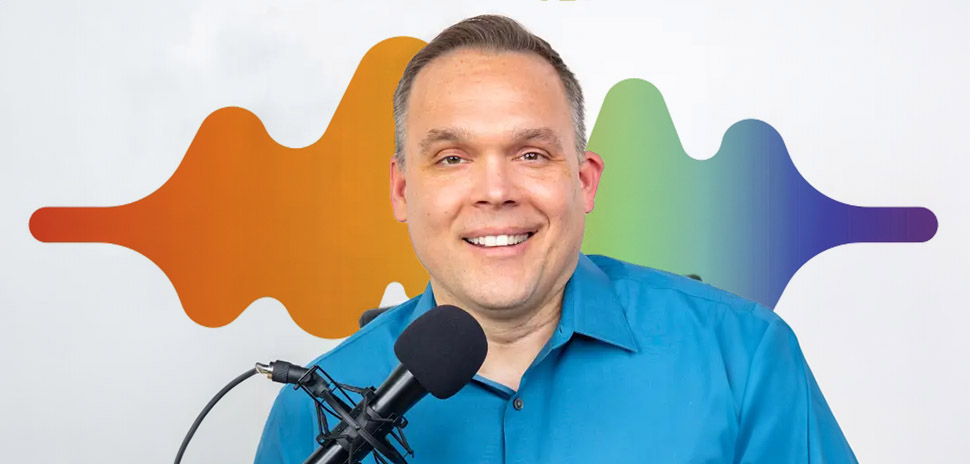In celebration of its 30th anniversary, Plano-based Toyota Production System Support Center is joining with its partners to mark the not-for-profit corporation improving the lives of small and mid-sized manufacturers, food banks, healthcare providers and government agencies.
Toyota Production System Support Center (TSSC) has shared its know-how with more than 500 partners, using teachings based on the Toyota Production System (TPS), an organizational manufacturing culture and mindset that engages people to continuously make improvements and create solutions.
“Sharing ideas to find better ways of doing things demonstrates that small improvements can make a big difference while enriching peoples’ lives and making communities stronger,” TSSC President James Bonini said in a statement. “We’ve learned that sharing our know-how gained from years of automaking experience can help others, and TSSC has been fortunate to help a variety of partners make a positive impact in the communities where they operate.”
Small changes can make a big difference
By utilizing the Toyota Production System, TSSC said it operates on the philosophy that small improvements can make a big difference, not only inside Toyota but with outside organizations as well.
Transformative results have occurred in unexpected places for an automaker, including hospitals, food banks, health care providers and local businesses, the company said.
By sharing its knowledge to find better ways of doing their day-to day work, achieve higher productivity, maximize resources, and improve quality and safety, TSSC helps partners be competitive, preserve jobs, and support more people and communities in need, Toyota said.
TSSC was established in 1992 and has 15 full-time employees who travel throughout North America and execute up to 50 projects a year. Partner companies and organizations are for-profit and nonprofit organizations, and through strong collaboration, solutions are identified, tested and implemented to drive performance, Toyota said.
According to Toyota, here are examples of TSSC partners, and their successes:
St. Bernard Project
Six years after Hurricane Katrina struck New Orleans, thousands of people still had not been able to return to their homes. St. Bernard Project (SBP), a non-profit home rebuilding group, could not keep up with demand and began collaborating with TSSC to reduce customer wait time in the rebuilding of houses while increasing quality, productivity, and safety.
By implementing various TPS techniques, St.Bernard Project was able to accomplish the following:
- The time it took to rebuild a home dropped from an average of 116 days to 60, a 48 percent improvement
- Amount of houses being rebuilt per month jumped from 8.6 to 12.8
- Improved quality, safety, and processes, including the use of visual tools to track schedules and inventory
“Initially Toyota showed us how to build faster to get disaster victims home sooner,” St. Bernard Project founder and CEO Zack Rosenburg said in a statement. “Now we have taken kaizen – this notion of getting better every day – and put tools and solutions in place to mitigate the impact of a disaster before it happens and in the immediate aftermath. This work is critical so that disaster victims can see a quicker path to recovery.”
Harbor-UCLA Medical Center
Helping the underserved population in the Southwestern Los Angeles County region for nearly 80 years, Harbor-UCLA Medical Center’s Eye Clinic had a backlog of patients who required care; however, their surgical waitlist was hundreds of patients long. In several instances, patients were going blind while waiting months to be seen by doctors.
By applying TPS concepts, the Eye Clinic was able to accomplish the following:
- The time from check-in to discharge for patients was cut in half
- Doubled the number of patients being treated
- Eliminated surgical waitlist
“Over a two-year period, we took a surgical backlog that was hundreds of patients long, and we eliminated it,” Pradeep Prasad, MD, chief of ophthalmology, Harbor-UCLA Medical Center, said in a statement. “This is our hospital, and Toyota came in to teach us how we can identify ways to do better. I never would have thought that implementing TPS would help save lives, or keep people from going blind, but it has.”
Toyota North America’s large headquarters campus is in Plano overlooking the Sam Rayburn Tollway.
Toyota directly employs more than 48,000 people in North America who have contributed to the design, engineering, and assembly of nearly 45 million cars and trucks at its 13 manufacturing plants.
![]()
Get on the list.
Dallas Innovates, every day.
Sign up to keep your eye on what’s new and next in Dallas-Fort Worth, every day.










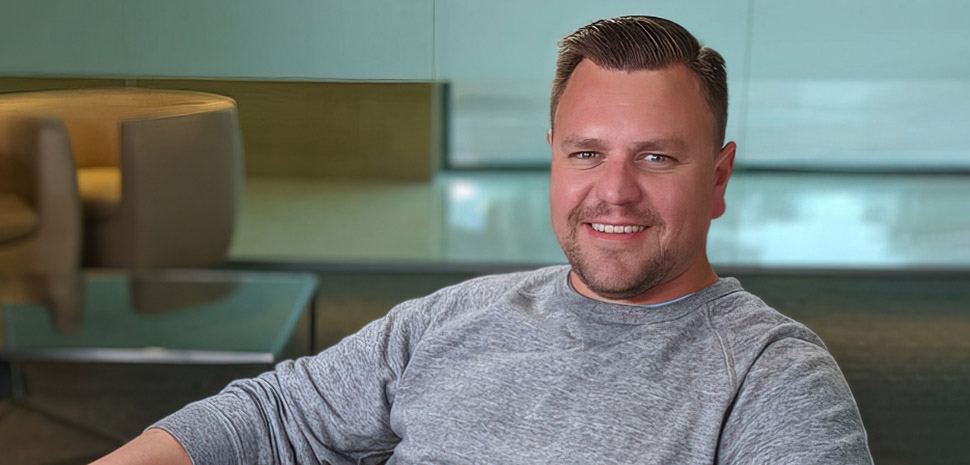
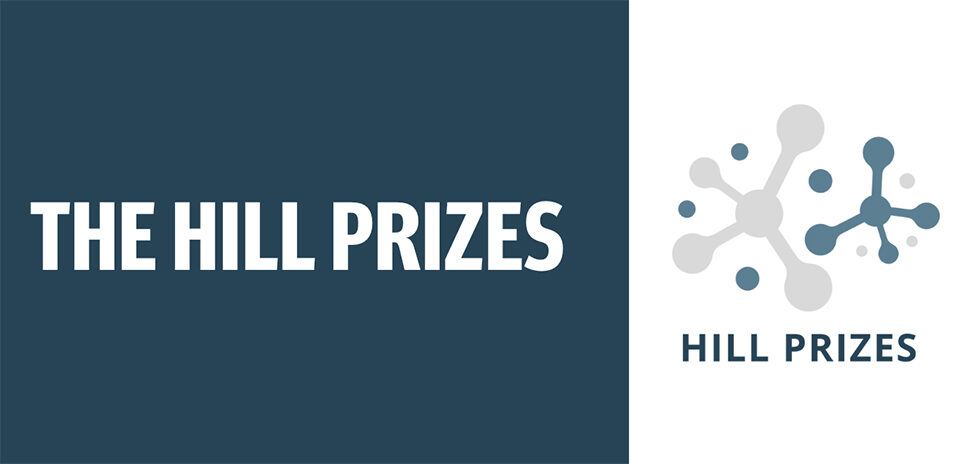

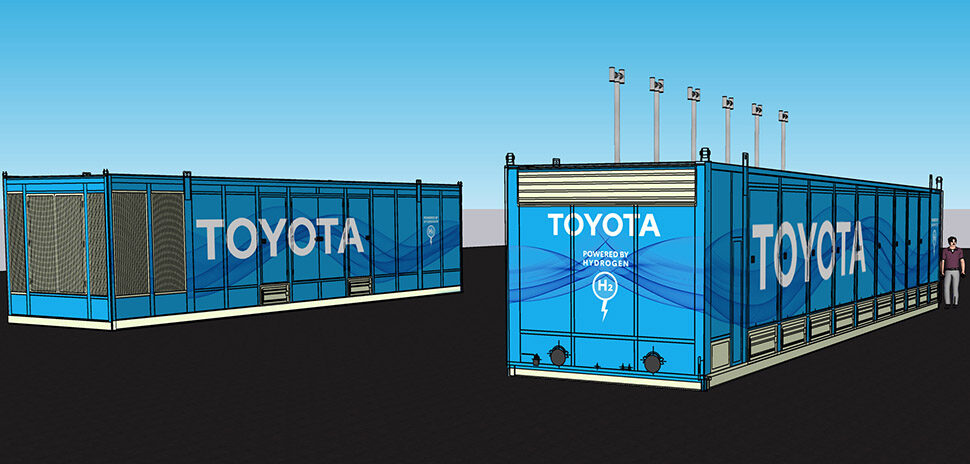
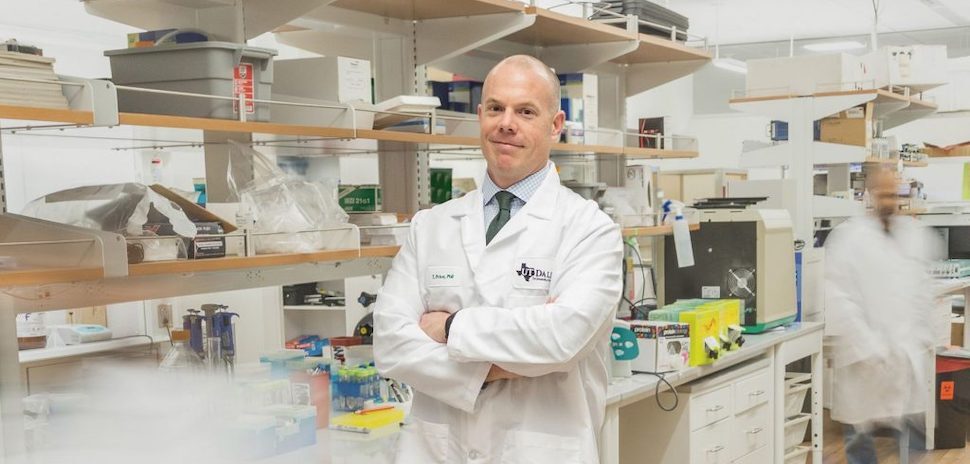












![From left: Co-founder and CEO Mike Fey and co-founder and chief technology officer Dan Amiga. [Image: Islands]](https://s24806.pcdn.co/wp-content/uploads/2022/03/Islands-co-founders-Mike-Fey-Dan-Amiga-75x69.jpg)



